India stands at the cusp of a historic transformation. With a robust energy transition underway, the country is striving to become a global leader in renewable energy, particularly in solar development. This moment holds immense promise but also demands an unparalleled commitment to excellence, especially in the timely execution of critical solar projects.
Over the last decade, ambitious solar energy companies have chased extensive order books but often lacked the resources or focus to deliver. This has led to incomplete projects and disillusioned stakeholders, posing a serious challenge to India’s renewable energy aspirations.
The urgency of these challenges became evident in 2023, as solar power projects were marred by delays and uncertainty due to a mix of policy decisions, political hurdles, and supply chain disruptions. The year, which witnessed record-breaking heatwaves and devastating floods, also saw India fall short of its annual clean energy installation target.
According to the Institute for Energy Economics and Financial Analysis (IEEFA), the country installed just 13.7 gigawatts of clean energy in 2023, a decline from 16.3 gigawatts in 2022. This is a significant gap when compared to the annual target of 40 gigawatts required to achieve India’s ambitious goal of 500 gigawatts of clean energy capacity by 2030—a milestone that could power 51 million homes.
This shortfall makes meeting the 2030 target “highly challenging.” However, failure to execute projects on time risks not only delaying progress but also eroding the confidence of developers, investors, and international partners in the “India Story.”
Precision over proliferation: The cornerstone of progress
Companies in the renewable energy sectors often make the mistake of chasing a bigger portfolio instead of focusing on getting projects done. This can lead to big problems. A growing list of orders might look good on paper, but if you can’t finish projects on time or keep up quality, you will end up losing finances, hurting your reputation and breaking trust.
To counter this, organizations must focus on precision. It’s better to take on fewer projects and do them well. This approach not only helps a company grow but also makes it more trustworthy in a tough market. This focus on getting things done aligns with India’s long-term development goals.
Addressing the execution crisis
The Ministry of Statistics and Programme Implementation (MoSPI) data shows a widespread execution problem in India’s infrastructure sector, with 779 projects running late by more than three years on average. Challenges like labor shortages, resource constraints, and inadequate project management exacerbate these inefficiencies. Addressing these issues requires strengthening execution capacity rather than pursuing unchecked growth.
Investing in skilled teams and advanced management systems is crucial. As projects get trickier companies need to gear up to handle these new challenges. Developers should also pick EPC partners who have shown they can deliver rather than just going for the cheapest option or someone with a big order book.
Protecting India’s renewable energy future
India’s renewable energy sector symbolizes hope—for environmental sustainability, economic growth, and global leadership. However, poor execution could derail this vision. The renewable energy industry cannot afford to repeat mistakes seen in infrastructure, where overcommitting and underdelivering have compromised credibility and delayed progress.
Instead, success lies in delivering projects with precision, adhering to timelines, and maintaining uncompromised quality. This requires companies to adopt advanced tools, strengthen workforce skills, and exercise restraint in taking up projects beyond their capacity. Developers, too, must support this by selecting partners based on execution reliability rather than pricing alone. The stakes are high, and the collective focus must remain on fulfilling commitments to build trust and safeguard the sector’s immense potential.
Conclusion
Over the years, we have witnessed a recurring pattern: Companies rushing to secure more projects than they can handle, only to falter in execution. This shortsighted approach leads to delays, financial strain, and frustration, damaging both individual reputations and the credibility of entire sectors like infrastructure and renewable energy. To build trust in the RE sector, we must focus on the credibility of EPC players, ensuring that commitments are backed by the ability to execute on time. Timely delivery is not just a business goal—it is our responsibility toward building a stronger, greener India.
As India undergoes a historic energy transition, companies need to shift their mindset. Let us prioritize execution, take on projects we can deliver immediately, and work together to benefit every stakeholder involved. By committing to precision and purpose, we can ensure this transition not only succeeds but also sets the foundation for a sustainable future.
The views and opinions expressed in this article are the author’s own, and do not necessarily reflect those held by pv magazine.
This content is protected by copyright and may not be reused. If you want to cooperate with us and would like to reuse some of our content, please contact: editors@pv-magazine.com.

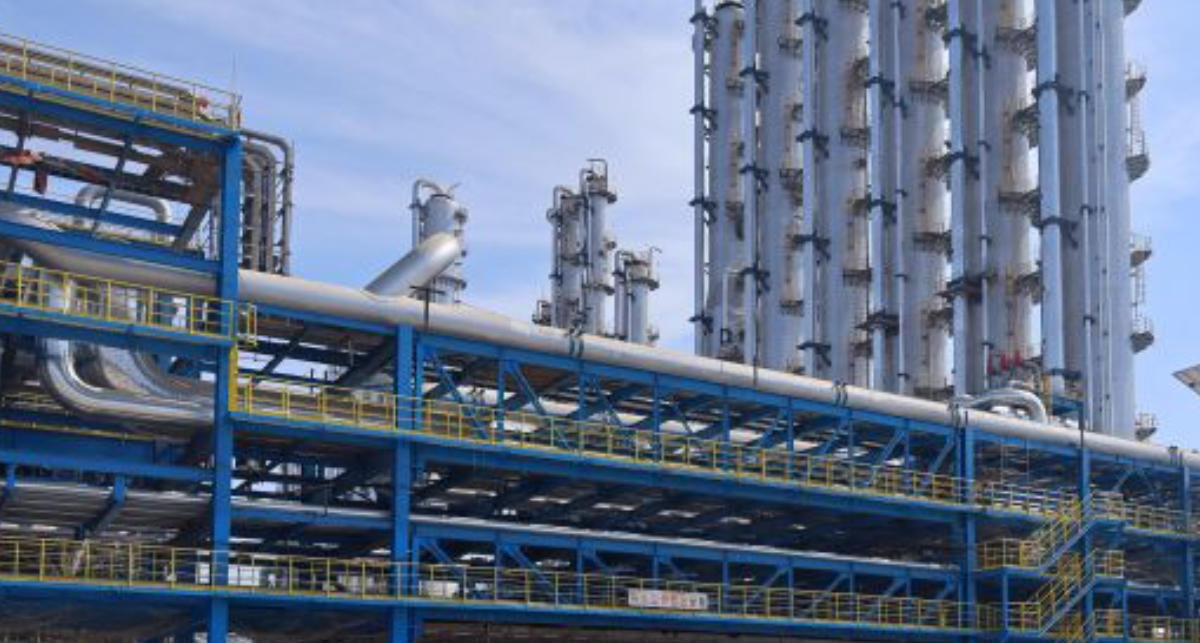


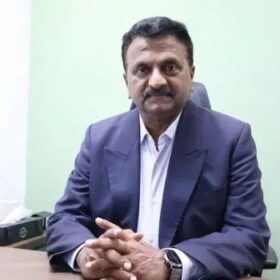
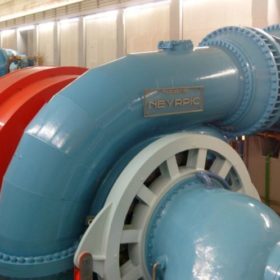
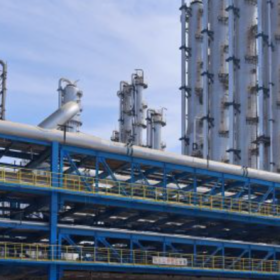
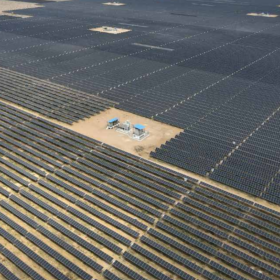
By submitting this form you agree to pv magazine using your data for the purposes of publishing your comment.
Your personal data will only be disclosed or otherwise transmitted to third parties for the purposes of spam filtering or if this is necessary for technical maintenance of the website. Any other transfer to third parties will not take place unless this is justified on the basis of applicable data protection regulations or if pv magazine is legally obliged to do so.
You may revoke this consent at any time with effect for the future, in which case your personal data will be deleted immediately. Otherwise, your data will be deleted if pv magazine has processed your request or the purpose of data storage is fulfilled.
Further information on data privacy can be found in our Data Protection Policy.